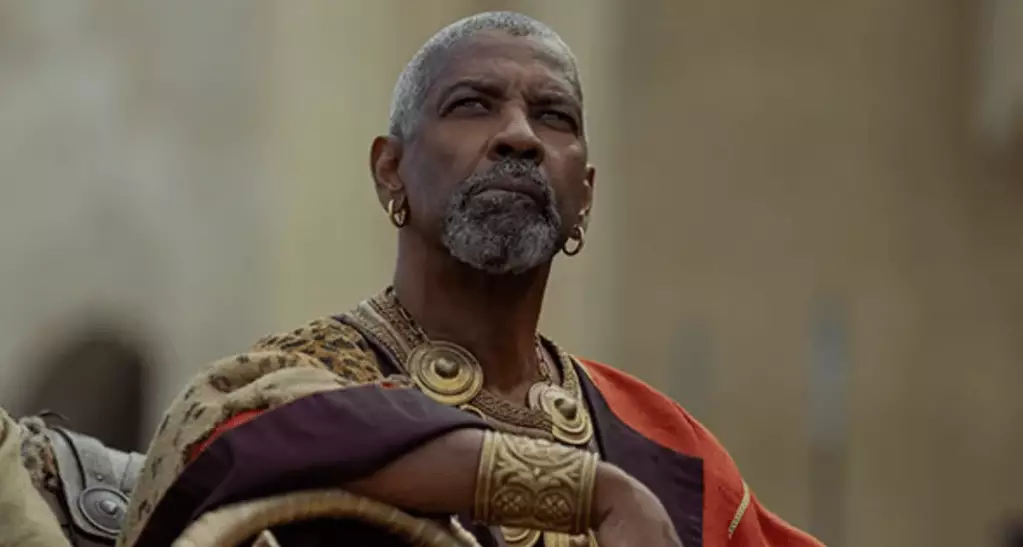Denzel Washington, a name synonymous with excellence in cinema, recently opened up about navigating the complex landscape of his illustrious career. Acknowledged for his profound acting ability, Washington has also experienced the burden of making less-than-ideal choices in his filmography. Speaking candidly to The Times of London, he addressed a chapter in his career that, while financially fruitful, included projects he regards as ‘clunkers,’ particularly in the 1990s. Washington’s honesty reflects a deeper understanding of the film industry and the challenges that accompany fame and financial responsibilities.
Success and Its Consequences
Washington’s admission highlights a vital aspect of his professional journey: the balancing act between art and commerce. Following the monumental success of *Malcolm X*, Washington found himself in a position where financial security took precedence. “I was earning. I had responsibilities,” he stated, emphasizing the weight of familial obligations that often steer artists toward projects that may not align with their creative aspirations. This phase signifies a common struggle faced by many actors who, in the quest for financial stability, may compromise on the quality of their work.
Additionally, Washington’s framework of “learn, earn, and return” offers a philosophical perspective on life and career growth. By categorizing his life into a learning phase followed by an earning period, he acknowledges the foundational experiences that shaped his persona and contributed to his eventual philanthropic endeavors. It’s a reminder that success is not just measured in accolades but also in personal development and the impact one makes later in life.
While Washington reflects critically on his past, it’s essential to recognize that he may be overly harsh in his self-assessment. Despite his perceived missteps, a deeper dive into his 1990s filmography reveals numerous projects that were commercially and critically successful, such as *The Pelican Brief* and *Courage Under Fire*. The contrast between his self-critique and the public’s perception raises intriguing questions about the nature of artistic judgment.
Interestingly, it is often noted that fans and critics alike embrace Washington’s on-screen persona as inherently good. He carries this reputation into his roles, where audiences project their notions of his character onto him, further complicating how he is perceived in his performances. As he prepares for his role in *Gladiator II*, he reflects on bringing his unique essence to each character, an approach that continues to resonate with viewers and validates his standing in Hollywood.
In the ever-evolving landscape of cinema, Washington’s narrative serves as an aspirational guide for both aspiring actors and established stars. His journey transcends mere box office numbers; it encapsulates personal growth, resilience, and the pursuit of authenticity in his craft. As he forges ahead in his career, the lessons from his past illuminate a path not only of self-discovery but also of giving back to society.
Denzel Washington’s introspections reveal the complexities of a celebrated career. His acknowledgment of past mistakes, coupled with a successful trajectory, encourages a broader dialogue about the balance between artistic integrity and commercial success. Whether he continues to grapple with the repercussions of his choices or revels in his accomplishments, one thing remains certain: Denzel Washington’s legacy is far from limited to the films he makes. It extends into the lives he touches, making his journey in Hollywood both compelling and relatable.


Leave a Reply